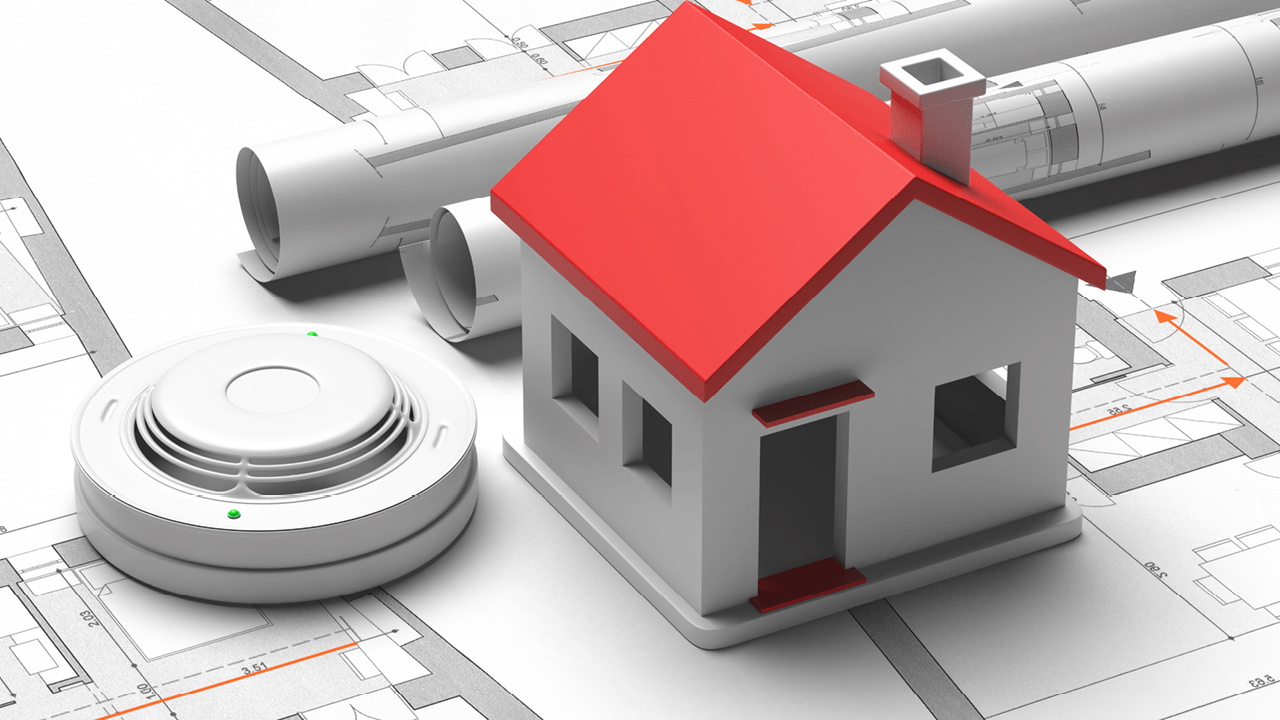Consultation on Electrical Safety in the Social Rented Sector
Through the Levelling Up White Paper and the Social Housing White Paper, the Government is seeking to ensure that social housing has satisfactory electrical safety and uniformity with the private rented sector. A Government consultation is currently running until 31 August 2022.
Two policy proposals have been put forward by the consultation:
- Mandatory checks on electrical installations for social housing at least every 5 years.
- Mandatory Portable Appliance Testing (PAT) on all electrical appliances that are provided by social landlords as part of a tenancy.
The Consultation is seeking views on whether:
- these proposals are the best course of action to protect social housing residents; and
- owner-occupier leasehold properties within social housing blocks should also be subject to mandatory checks of electrical installations every 5 years in order that the efforts and financial contributions of social landlords in those blocks are not undermined.
Details of the consultation and how to respond can be found here.
It should be noted that the current wording of the Social Housing (Regulation) Bill would (if implemented) amend section 122 of the Housing and Planning Act 2016 and enable the Secretary of State to put in place regulations that impose duties (such as electrical testing every 5 years and PAT testing) on registered providers of social housing.
Keep a look out for our further updates on this important issue!
Smoke and Carbon Monoxide Alarm (Amendment) Regulations 2022 (CO Regulations)
The CO Regulations will come into force on 1 October 2022 as a result of the Government’s commitment to ensuring residents are protected from the risks of fire and carbon monoxide. A consultation was held earlier this year which sought views on extending the existing requirements for carbon monoxide and smoke alarms. There was strong support for the proposals in the consultation. Once the CO Regulations come into force, relevant landlords must:
- Ensure that at least one smoke alarm is installed in each storey of their homes;
- Install a carbon monoxide alarm in any room used as living accommodation where a fixed combustion appliance is installed; and
- Repair or replace smoke and carbon monoxide alarms when informed by the tenant or their representative that they are faulty.
Failure to comply with remedial notices (which will be issued and enforced by the local housing authority) in relation to these new requirements will result in a fine up to £5,000.
For the avoidance of doubt, a ‘relevant landlord’ for the purposes of the CO Regulations is any landlord of a residential premises which grants one or more persons the right to occupy a premises as their main residence. This definition is subject to some exclusions, such as student accommodation, care homes and hospitals, but will include registered providers of social housing.
Guidance on the new requirements, who they apply to and how they are enforced can be found here.
We understand from our conversations with the Regulator of Social Housing (the RSH) on this issues that concerns around non-compliance with these requirements are already on the RSH’s radar and it is expecting a large number of self-referrals in relation to non-compliance.
If you would like any guidance or support on the implications of the CO Regulations for your organisation, please do get in touch.
For more information, please contact James King.
